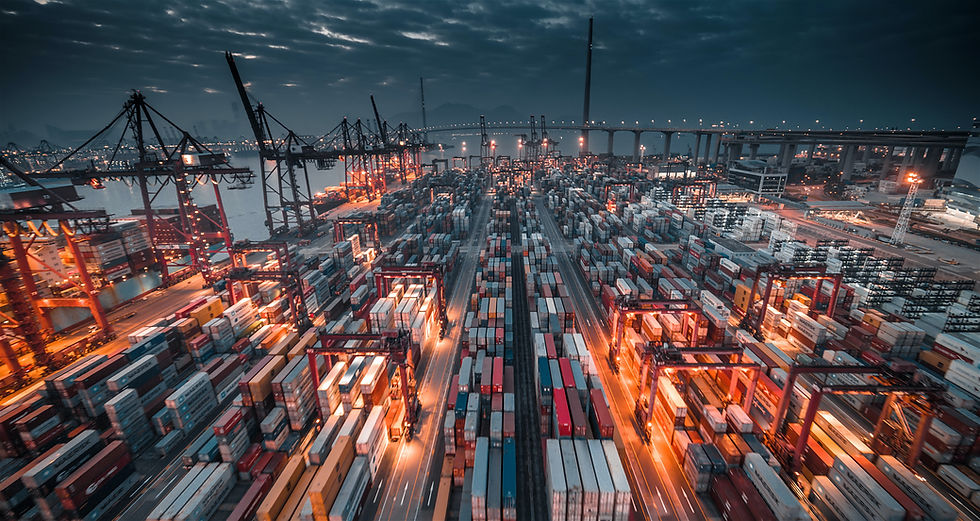Navigating the coffee industry can often feel like wading through a web of middlemen – from growers to exporters, importers, and finally, the roasters. The traditional trade model, although established, often leaves coffee growers at the mercy of volatile market prices and roasters disconnected from the source. The concept of Direct Trade, however, aims to transform this pattern, creating more equitable partnerships and enhancing transparency. In this article, we'll delve into the direct trade coffee model and see how it compares with traditional trade methods.

A Close Look at Traditional Trade
In traditional trade, coffee beans make a long journey from the farm to your roastery. They pass through multiple hands – exporters, importers, brokers – with each intermediary taking a share of the profits. The significant issue with this model is the disconnect between the roaster and the farmer. Due to the layers of intermediaries, the roaster often has minimal visibility of the conditions in which the coffee was grown, or how the farmers were compensated.

Direct Trade: A Transparent Approach
Direct Trade disrupts this model by connecting coffee roasters directly with growers. Under this model, roasters source their single-origin beans straight from the farms, thereby eliminating various intermediaries. This direct connection allows roasters to have full transparency over the cultivation and harvesting conditions of their coffee, ensuring quality and sustainability. It also means that farmers often get a higher price for their product, making it a more equitable trade.

Why Roasters Benefit from Direct Trade
For roasters, direct trade presents an opportunity for them to have a more significant role in the entire process, and not just the end part. It allows them to ensure the coffee they source aligns with their brand's values, whether that's ethical sourcing, environmental sustainability, or superior quality. It also gives roasters the chance to tell a story about their single-origin coffee – where it comes from, who grows it, and how it's harvested. This story-telling aspect can be a powerful marketing tool in a market where consumers are increasingly mindful of where their coffee comes from.

Direct Trade vs. Traditional Trade
Direct Trade, therefore, presents a more ethical and transparent alternative to the traditional trade model. It promotes closer relationships between roasters and farmers, encourages sustainable farming practices, and ensures a fairer share of profits for coffee growers. However, it's essential to note that not all direct trade is created equal. The term isn't legally regulated, so it can vary between companies. It's always worth asking for more information from your suppliers about their direct trade policies.

Summarizing the Trade Talk
Understanding these trade models is crucial for roasters looking to source responsibly and enhance their brand reputation. Direct Trade, when done right, can contribute to a more sustainable and fair coffee industry. It helps roasters know the origins of their beans, ensuring quality and ethical practices. Just like BrazCof, many companies are embracing this model, sourcing their coffee directly from renowned farms like Fazenda Cachoeira da Grama. This farm, along with its neighbours in the Grass Valley (Vale da Grama) region, is committed to sustainable and responsible practices, making their beans a great choice for roasters looking to adopt a Direct Trade model. The journey to a more equitable coffee industry is long, but with each step, we are getting closer.

